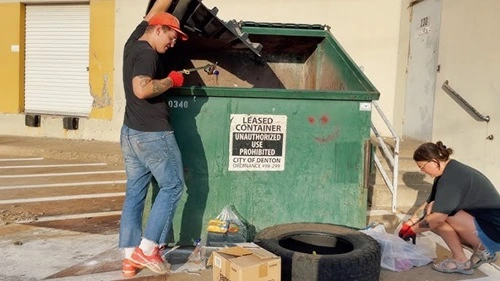Yes, in many states, it is illegal to relocate raccoons without proper authorization. Wildlife relocation is heavily regulated because it can disrupt ecosystems, spread diseases, and pose risks to both humans and wildlife. While some states allow raccoon relocation under specific conditions, others prohibit it entirely or require permits.
Understanding the Legalities of Raccoon Relocation
1. Federal Guidelines
- While wildlife management is primarily governed by state laws, federal laws such as the Migratory Bird Treaty Act and the Endangered Species Act influence the handling of certain wildlife. Raccoons are not federally protected, but their relocation is often regulated at the state level.
2. State Laws
- Prohibited Relocation States: Some states, like California and New York, prohibit raccoon relocation due to the risk of spreading diseases like rabies and distemper.
- Permitted Relocation States: States like Texas allow raccoon relocation but require a permit from the state’s wildlife agency.
- Trap and Release Laws: In certain states, you may trap and release raccoons on the same property without a permit but cannot transport them to a different location.
3. Health and Safety Concerns
- Raccoons are known carriers of diseases such as rabies, leptospirosis, and raccoon roundworm. Releasing them in new areas can introduce these diseases to local wildlife and humans.
4. Ecosystem Impact
- Relocating raccoons to unfamiliar areas can disrupt local ecosystems, create competition for resources, and lead to the animal’s death due to stress or inability to adapt.
Consequences of Illegal Raccoon Relocation
1. Fines and Penalties
Violating state laws on raccoon relocation can result in fines ranging from $50 to $1,000, depending on the state and circumstances.
2. Criminal Charges
In some states, unauthorized relocation can lead to misdemeanor charges, particularly if the act causes harm to wildlife or public safety.
3. Environmental Damage Liability
Relocating raccoons without considering ecological impacts can make individuals liable for damages if the relocation disrupts the local ecosystem or spreads diseases.
Alternatives to Relocation
1. Exclusion Methods
Installing barriers, sealing entry points, and using repellents can prevent raccoons from accessing your property without the need for trapping or relocation.
2. Professional Wildlife Control
Hiring a licensed wildlife control operator ensures the animal is handled in compliance with local laws and relocated, if permitted, to an appropriate location.
3. Humane Deterrence
Using noise, light, or scent-based deterrents can encourage raccoons to leave the area naturally.
Related FAQs
Q1. Can I legally trap a raccoon on my property?
Ans: Yes, in most states, you can trap raccoons on your property, but relocating them may require a permit or be prohibited.
Q2. What happens if I relocate a raccoon without a permit?
Ans: You may face fines, criminal charges, or liability for any harm caused by the relocation, depending on state laws.
Q3. Where can I relocate a raccoon if allowed?
Ans: Raccoons must typically be relocated to areas designated by state wildlife agencies, such as conservation lands or approved release sites.
Q4. Why is raccoon relocation discouraged?
Ans: Relocation can spread diseases, disrupt local ecosystems, and harm the relocated animal due to stress, competition, or unfamiliarity with the new environment.
Q5. Are there exceptions for relocating raccoons?
Ans: Some states allow relocation with a permit or if the raccoon poses an immediate threat to public health or safety.
Conclusion
Relocating raccoons is a complex issue governed by state-specific laws and ecological considerations. While it may seem like a humane solution, unauthorized relocation can cause more harm than good, both to the animal and the environment. To address raccoon issues responsibly, consult local wildlife agencies or professional wildlife control operators to ensure compliance with the law and ecological best practices.


